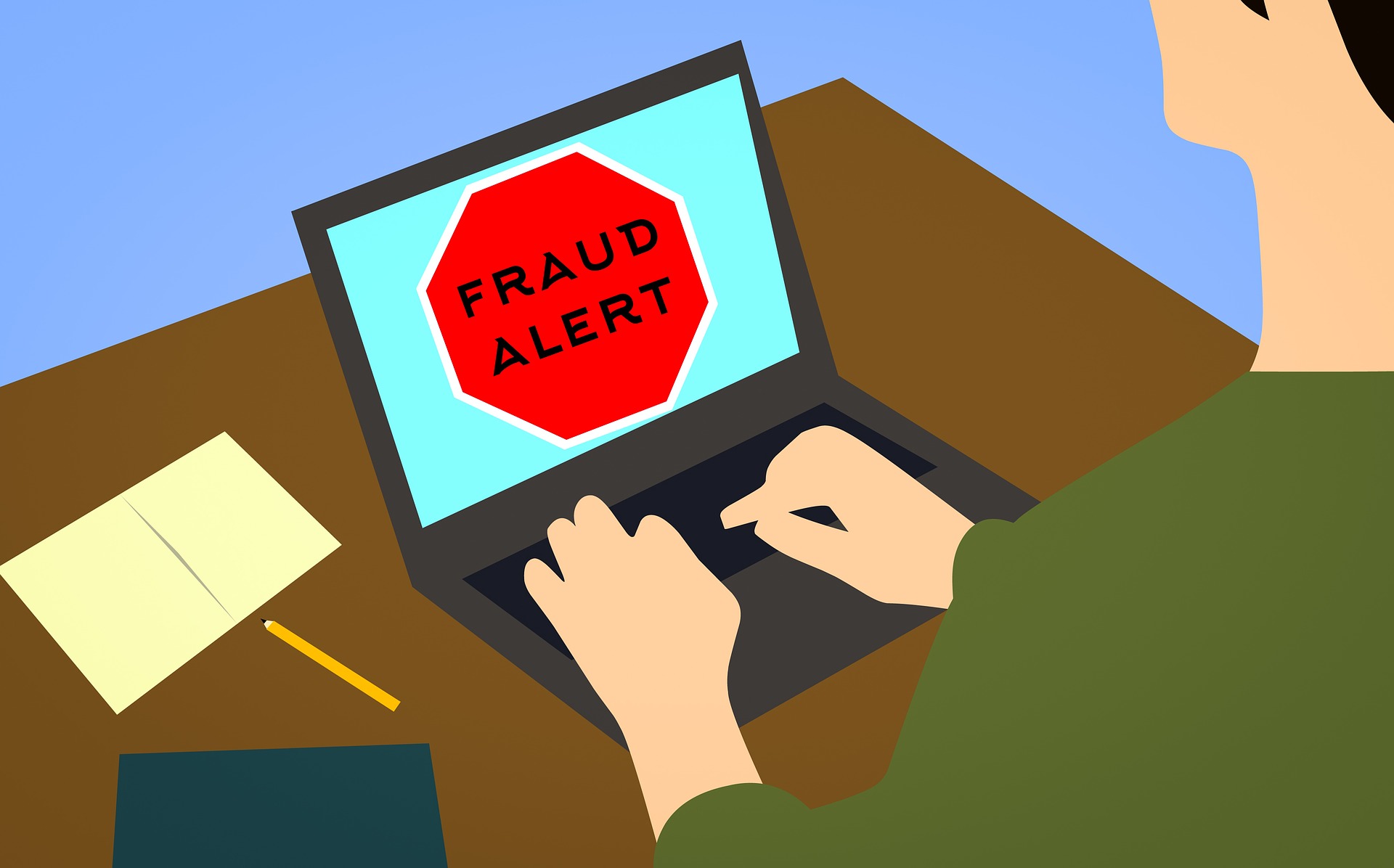Holidays are a time of giving for most, but the Canadian Anti-Fraud Centre (CAFC) is reminding the public that for scammers, it is a time of taking.
The agency shared a list of popular holiday scams for Canadians to recognize, reject, report, and be merry.
The CAFC is warning of counterfeit merchandise and flashy discount ads that direct you to websites that look like legitimate manufacturers. Romance scams are also popular, and the CAFC says some fraudsters play on their victim’s emotions to get them to send money for various convincing reasons.
The CAFC also says being vigilant while online shopping is important. Some fraudsters also pose as genuine sellers and post fake ads for items that do not exist, adding that whenever possible, you exchange goods in person or use your credit card for payment.
Phishing emails and texts are also popular this time of year. The agency says some people may receive messages claiming to be from a recognizable source (e.g. financial institution, service provider, etc.) asking you to submit or confirm your information. Officials warn these emails or texts may include a malicious link for you to click.
Emergency scams: Officials say scammers will pose as a supposed loved one reaching out to you because they need money now and you’re the only one they trust to keep it a secret. The agency says to resist the urge to act immediately and verify the person’s identity by asking them questions a stranger wouldn’t know.
The CAFC says charity scams are also popular during the holidays. Officials say these scams involve any false, deceptive, misleading or fraudulent solicitation for a donation to a charity, association, federation or religious cause.
Other popular holiday scams include those involving selling and buying goods and services online, crypto Investments, contests or raffle prizes, gift cards, Identity Theft, and Fraud, as well as pyramid schemes posing as Secret Santa scams.
The agency says anyone who suspects they have been the victim of cybercrime or fraud should report it to their local police and to the CAFC’s online reporting system or by phone at 1-888-495-8501, even if they are not a victim.






